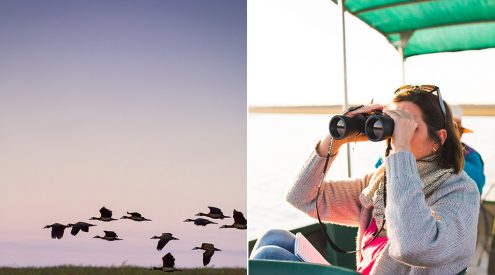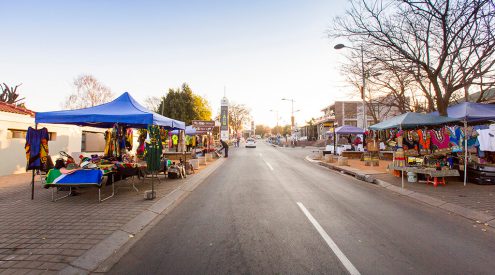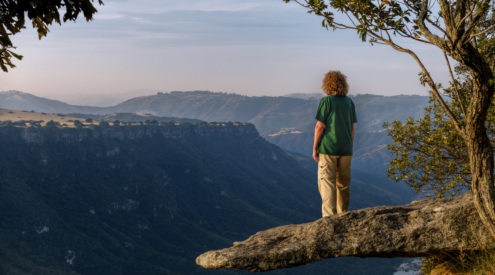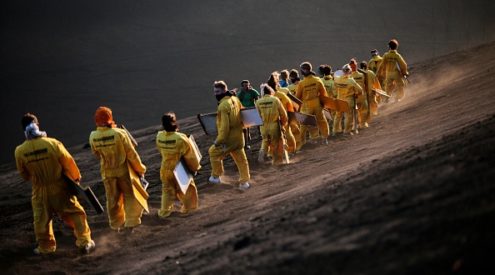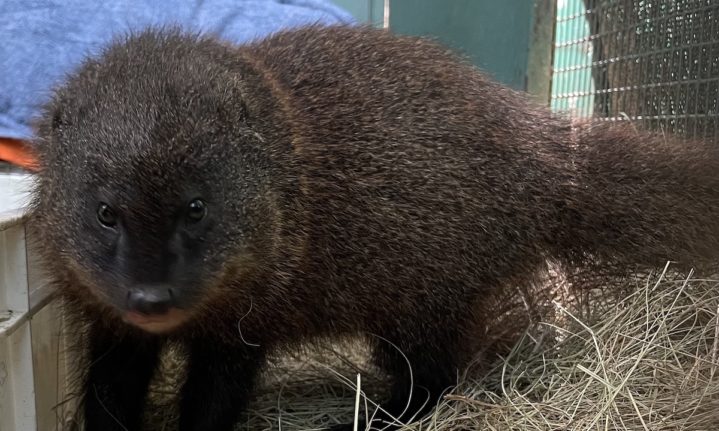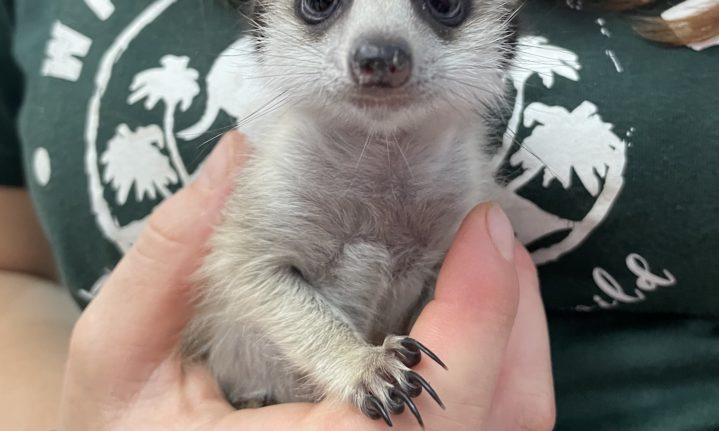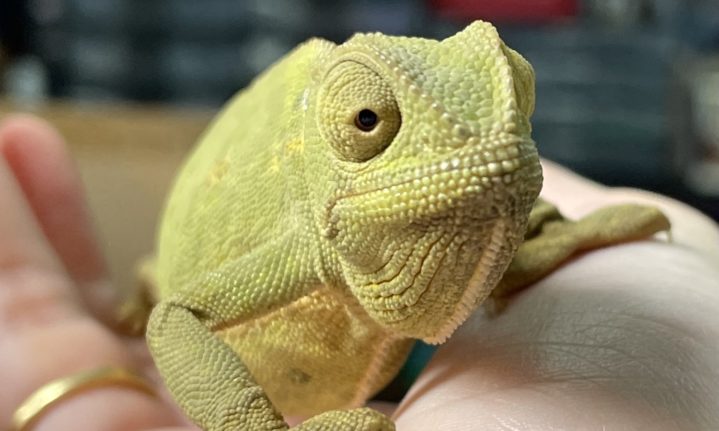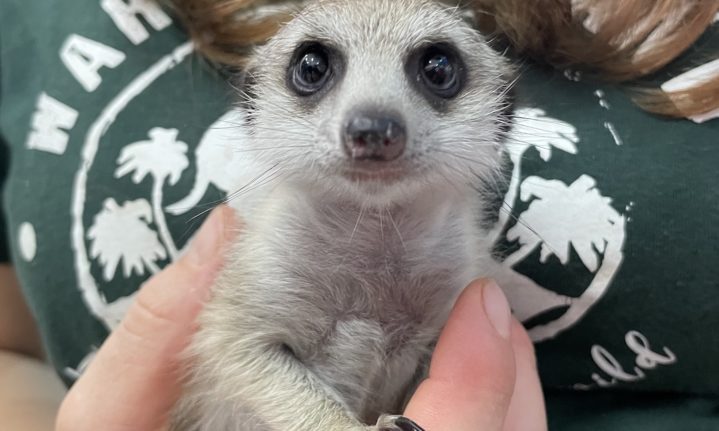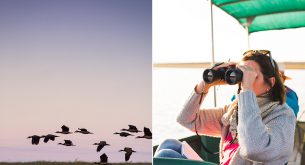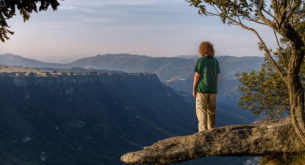Following the sad news of the euthanasia of Sheba, the 8-year-old female tiger that escaped from Walkerville, injuring a human and killing several domestic animals, Johannesburg Wildlife Veterinary Hospital (JWVH) has once again warned of the dangers of keeping wild animals as pets.
READ: Sheba the tiger has been found, shot and killed
Wendy Willson, Legal and Operations Lead at JWVH, points out that there has been a substantial increase in illegally traded wild animals as pets since the organisation’s inception. This increase has been recorded within indigenous species – noting a 200 – 1000% (species dependent) increase.
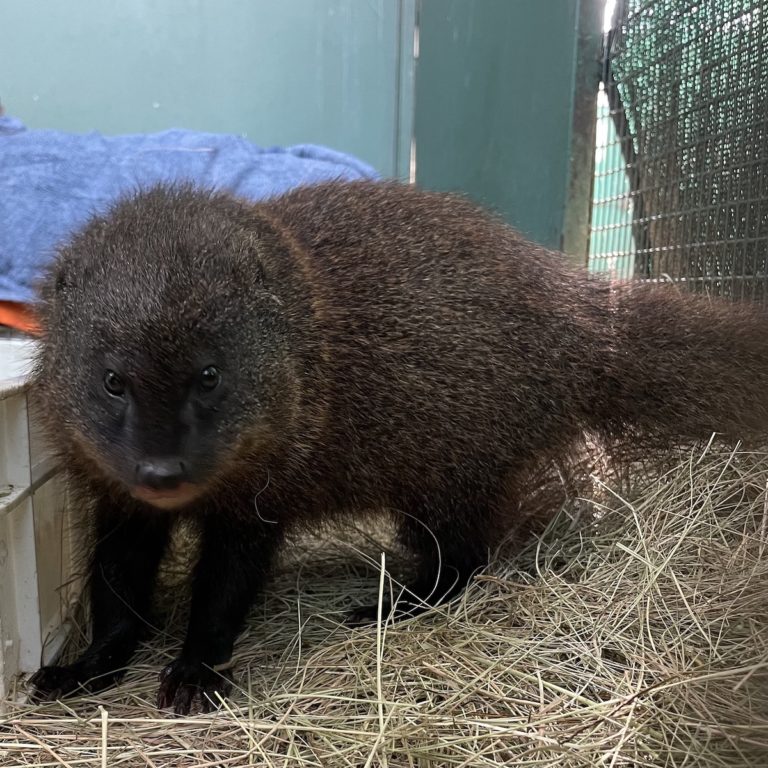
‘There are animals such as dogs and cats that have adapted and evolved over thousands of years to live alongside humans as part of the family, wild animals have not,’ Willson says. ‘A wild animal cannot have all its needs for health and welfare met in captivity, but many individuals and collectors want to own wildlife simply for the ego boost it provides. The impact these ‘ego buys’ have on our natural habitat is often substantial, and it continues to fuel the rampant illegal wild animal trade. Add to this the fact that the costs to rescue, treat, re-wild and release an indigenous wild animal who has fallen victim to the wild animal trade are massive.’
Willson notes that the damage caused by this trade affects both humans and animals, as we are intrinsically linked to one another.
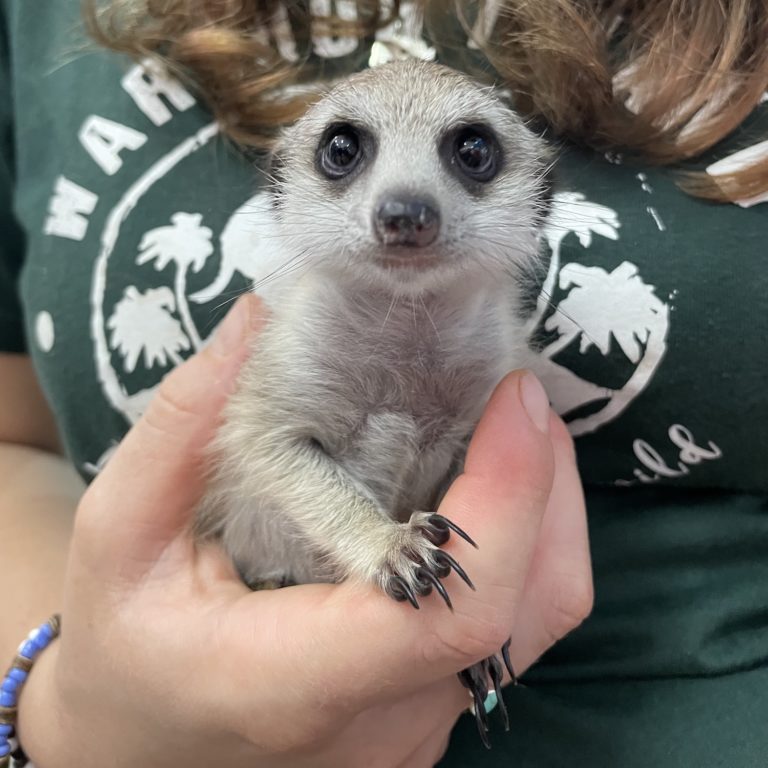
‘It is imperative to remember that these wild animals kept as pets are being kept in unnatural habitats. No matter how good the conditions, or the cage, or the overall input into that wild animal’s captivity, it is still impossible to meet even the basic ‘Five Freedoms of Animal Welfare’ for that animal.’
‘Very little is being done from a legislative point of view to prevent tragedies such as what happened with Sheba from happening again. These wild animals that are being kept as pets are set up for failure, but we are all horrified when the animals act out their natural behaviour – as Sheba did.
‘Another challenge we face is that currently, there are very few tangible consequences to owning such wild animals, especially if they are exotic – meaning the reward currently is still greater than the risk. It is clear that more education, regulation, and effective enforcement are needed in this space,’ she continued.
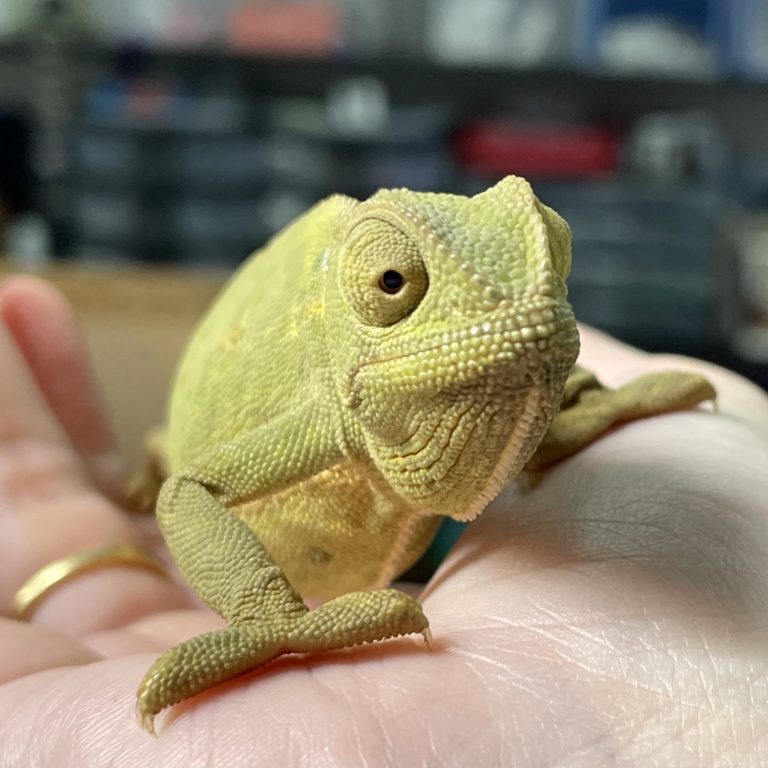
Willson is of the opinion that we need enforcement entities, the judicial system, and legitimate wildlife subject matter experts to work together here, to secure firm charges on those found guilty of illegal activities with wild animals.
‘The JWVH calls on all citizens to avoid illegal buying and keeping wild animals of any kind, and more crucially, to report others who do. Remember, wild animals do not belong in a domestic setting, as this is bad for the animals, for the people themselves, for the environment and – as the Sheba case demonstrates – for the surrounding community as well,’ she concluded.
Pictures: Supplied
ALSO READ: Tiger still on the loose in south Joburg
Follow us on social media for more travel news, inspiration, and guides. You can also tag us to be featured.
TikTok | Instagram | Facebook | Twitter


